Intense price competition has squeezed the profit margins of car dealers, putting immense pressure on market participants in terms of management and finance.
The price war in the automotive industry is making life difficult for car dealers, with even some luxury car dealers falling into a loss-making situation.
Wind data shows that in the first half of 2024, among six A-share car dealership companies (including Guanghui Automobile, which has been delisted, the same below), four companies saw a year-on-year decline in net profit attributable to the parent company, and two companies suffered losses.
Among them, Guanghui Automobile (600297.SH), as the largest luxury passenger car dealership and service group in China, saw its stock terminated on August 28, 2024, due to its daily closing price being below 1 yuan for 20 consecutive trading days.
The company is expected to lose more than 500 million yuan in the first half of the year.
At the same time, among six luxury car dealers in Hong Kong stocks, the year-on-year decline in net profit attributable to the parent company all exceeded 40%.
Among them, four companies saw losses in net profit attributable to ordinary shareholders (i.e., net profit minus preferred dividends and other adjustments, the same below).
According to statistics, among the aforementioned 12 car dealers, except for Shanghai Wuma, which did not clearly state whether the sales products include luxury cars, the other 11 companies all sell luxury cars.
"The price has indeed dropped now.
A top-of-the-line Mercedes-Benz S450 sedan has a guide price of about 1.34 million yuan, with a phased discount of about 250,000 yuan and a full payment discount of about 150,000 yuan.
The guide price for the Mercedes-Benz E-Class Fashion Edition is 498,000 yuan, with a phased discount of about 120,000 yuan and a full payment discount of 60,000 to 70,000 yuan," said a salesperson at a Mercedes-Benz 4S store in Beijing.
"Now, the sale of new cars is basically at a loss, and generally, we recommend customers to purchase in installments, so that the bank can give the store a rebate.
New cars do not make money, mainly relying on after-sales and rebates to obtain some profits.
The car loan installment is basically for five years, with an interest rate of about 4.8%."
The "2024 First Half of the Year National Car Dealer Survival Status Survey Results" released by the China Automobile Dealers Association shows that since the second quarter of this year, the price war has intensified, and manufacturers and dealers are deeply trapped in the price quagmire, with profits being devoured by the price war.
The sale of new cars is severely at a loss, and dealers are operating at a deficit (red ink), with increased operational risks.
The survey shows that in the first half of 2024, the proportion of dealers at a loss reached 50.8%, and the proportion of profits was 35.4%, with a significant expansion of the loss surface compared to the previous year.
How intense is the price war in the automotive industry?
Some dealers frankly stated that in the first half of 2024, when China's automobile production and sales increased year-on-year, independent car companies took the lead in starting the price war, product war, and category war, making the competition in the Chinese car market extremely fierce.
"Every month, a number of new cars are launched to the market, and both the mainstream market and the segmented market are in a state of fierce competition."
Mei Dong Automobile (1268.HK), which suffered losses in the first half of 2024, stated in its interim performance announcement that intense price competition has squeezed the profit margins of car dealers, putting all market participants under tremendous pressure in terms of operation and finance.
According to data from the Passenger Car Market Information Joint Committee of the China Automobile Dealers Association, from 2020 to 2023, more than 8,000 4S stores in China have closed, and it is expected that the number of closures in 2024 will exceed 2,000.
How to survive better has become a question that car dealers need to think about at present.
Laying out the sale of new energy vehicles and developing international markets have become the choices of many companies.
At the same time, there is also good news in the industry.
BMW announced in July 2024 to withdraw from the irrational price war and reduce sales targets to rebalance retail prices and demand.
In the view of some listed car dealers, under the current industry difficulties, it is an opportunity for large-scale dealer groups to accelerate the integration of the market.
The decline in performance has become a reality that most listed car dealers need to face in the first half of 2024.
Among the six A-share car dealers, four companies saw a year-on-year decline in net profit attributable to the parent company, and two companies suffered losses.
Guanghui Automobile is expected to lose 583 million to 699 million yuan in net profit attributable to the parent company in the first half of 2024, with the loss amount ranking first among A-share car dealers.
In the same period of the previous year, the company's net profit attributable to the parent company was 601 million yuan.
The decline in new car gross profit, impairment of related assets, and accelerated amortization are the main factors for Guanghui Automobile's loss.
The company stated that major car companies are fighting for market share in the price war, resulting in a decline in the company's new car sales scale and gross profit margin compared to the same period last year.
At the same time, the company has taken "shut down and merge" measures for weak brands, continuously losing and inefficient stores, resulting in impairment of related assets such as accounts receivable and accelerated amortization during the reporting period, resulting in one-time losses and expenses.
Beiba Media (600386.SH) ranks first among the aforementioned A-share car dealers with a year-on-year growth rate of 130.56% in net profit attributable to the parent company.
During the period, the company's net profit attributable to the parent company was 10.1484 million yuan.
However, looking at the data of the subsidiaries, Beiba Media's car sales business is also not optimistic.
Among the company's subsidiaries, Longrui Sanyou, which is mainly engaged in new energy charging services, and Gonggao Advertising, which is mainly engaged in public transportation media advertising, have net profits of 41.15 million yuan and 19.99 million yuan, respectively, while Haiyijie, which is mainly engaged in car sales and repairs, and Beiba Automobile, which is mainly engaged in car sales, both have net losses of more than ten million yuan in net profit attributable to the parent company.
The data of Hong Kong car dealers is also relatively low.
Wind data shows that in the first half of 2024, the net profit of the six Hong Kong luxury car dealers all declined, with three companies' net profit attributable to the parent company falling by more than 100%, and the number of loss-making companies increased from one in the same period of the previous year to four.
Mei Dong Automobile, which mainly operates stores with Porsche, BMW, Lexus, and other luxury cars, saw its net profit attributable to the parent company fall by 169% year-on-year in the first half of 2024, ranking first among Hong Kong car dealers.
During the period, the company's operating income fell by 24.4% year-on-year to 10.656 billion yuan, and the net profit attributable to ordinary shareholders was a loss of 27 million yuan, while the company's data for the same period last year was 39 million yuan.
As the second-largest dealer of Mercedes-Benz in China and the leader of Hong Kong car dealers, Zhongsheng Holdings (0881.HK), the performance is also not optimistic.
In the first half of 2024, the company's revenue increased by 0.6% year-on-year to 82.421 billion yuan, but the net profit attributable to the parent company fell by more than 40% year-on-year.
The sluggish sale of new cars is the main reason for the decline in net profit of the aforementioned Hong Kong car dealers.
In the first half of the year, the average sales price of new cars fell, causing Zhongsheng Holdings' new car sales revenue to fall by 5.8% to 60.812 billion yuan, and the gross profit of the new car sales business fell from 866 million yuan in the same period of the previous year to a loss of 1.99 billion yuan.
The company explained in the semi-annual report that due to the intensification of domestic new car market competition, the new car sales price fell during the period, leading to a decline in the gross profit of new cars at the dealer end.
Harmonious Automobile (3836.HK), whose gross profit fell by more than 30% year-on-year, had a gross profit margin of -1.7% for its automobile sales and other businesses in the first half of the year, a decline of 2.4 percentage points year-on-year.
The company stated that the decline in gross profit was mainly due to weakened consumer demand and industry-wide discount promotions.
Harmonious Automobile stated that under the influence of factors such as the global economic downturn, decreased purchasing power, and intensified market competition, in the first half of 2024, the sales situation of the three luxury car brands (BMW, Mercedes-Benz, Audi, collectively referred to as BBA) operated by the company in China, along with the overall decline in luxury car sales volume, all declined differently.
According to data from the Auto Home Research Institute, from the first quarter of 2023 to the second quarter of 2024, the average selling price of about 160 main models of passenger cars in China fell by 15.9% (based on the average price in the first quarter of 2023).
Some dealers frankly stated that in the first half of 2024, for the traditional luxury car market in China, it can be said that the three German luxury cars BBA had the most difficult first half of the year in the Chinese market in more than ten years.
"Challenges, fierce competition, and market contraction are the common words used by the three companies to describe the Chinese market."
In the first half of 2024, as traditional first-line luxury car brands, BBA's strategy of trading volume for price in the Chinese market did not work, and its keywords changed from "luxury and high-end" to "price reduction and discounting."
According to the semi-annual report of Guanghui Baoxin (1293.HK), in the first half of 2024, BMW and Mercedes-Benz both had increased global sales, but their delivery volumes in the Chinese market declined.
At the same time, the Porsche brand's global sales fell by 7%, and its sales volume in the Chinese market fell by one-third.
Some market analysts pointed out that Chinese brands such as NIO, Seres, and Enovate, which have entered the luxury car market, have maintained a good development trend and have had a significant impact on BBA.
The long-established luxury car brand value is being damaged by the "price war" that has broken the bottom line.
Some brands have realized that even if the price is reduced by hundreds of thousands of yuan, it is difficult to solve the sales dilemma.
After the price drops to a low point, some brands begin to choose to turn back and stop the loss in time.
BMW China decided to stop the "price reduction to maintain market share" strategy that lasted for a year and withdraw from the price war.
Starting from July, it will stabilize prices through various means to alleviate the operating pressure on stores and plans to focus on business quality in the Chinese market in the second half of the year, supporting dealers to be stable and pragmatic.
When performance is low, traditional car dealers begin to take measures such as increasing the layout of new energy vehicles and expanding international markets to better survive.
According to data from the China Association of Automobile Manufacturers, in the first half of 2024, China's new energy vehicle production and sales were 4.929 million and 4.944 million, respectively, with year-on-year increases of 30.1% and 32%, respectively.
The penetration rate of new energy vehicles has been rising month by month, and the proportion of fuel vehicles continues to decline.
Guanghui Automobile's management revealed in July that in the first half of 2024, the company continued to actively integrate multiple resources and strive to obtain authorization for new energy vehicle brands with good development momentum.
As of the end of June 2024, the company has successfully applied for 70 new energy store authorizations, of which 55 have been built and put into operation, an increase of 29 from the beginning of the year; there are still 15 under construction, which will also be put into operation immediately after completion.The company's management further stated that the company still has 47 stores whose authorization is in the process of being applied for, including new energy brands such as Xiaomi, Seres, and Zeekr.
In June 2024, the company's new energy vehicle division saw a year-on-year increase of 90% in new car sales, with a year-on-year increase of over 40% in sales for the first half of the year.
Despite a significant decline in net profit, Yongda Automobile (3669.HK) closed several low-efficiency urban showrooms in the first half of 2024 in the new energy vehicle business, focusing its development on top independent new energy brands with higher brand recognition, and successfully undertook the sales business of new products such as AITO and Xiaomi.
Yongda Automobile reported that with the launch of high-value models like AITO, the company's average new car selling price increased from 238,000 yuan in the second half of 2023 to 274,000 yuan in the first half of 2024, and the comprehensive gross profit per new car also increased to 13,100 yuan.
Expanding exports is also one of the important measures taken by automobile dealers.
According to the data from the General Administration of Customs compiled by the China Association of Automobile Manufacturers, China's automobile exports reached 2.793 million units in the first half of 2024, a year-on-year increase of 30.5%, once again surpassing Japan and further consolidating its position as the world's leading automobile exporter.
Among them, China's new energy vehicle exports reached 605,000 units, a year-on-year increase of 13.2%.
Harmony Automobile believes that the rapid growth of the new energy vehicle market is a highlight of the automotive industry.
In the field of new energy vehicles, the company has accelerated its global market expansion strategy since 2023, establishing cooperative relationships with Chinese new energy vehicle brands such as BYD and Denza, and establishing footholds in Asia and Europe.
As of the first half of 2024, Harmony Automobile operates more than 20 international distribution outlets.
The company stated in its semi-annual report that it will recently expand its new energy vehicle business to Singapore, Japan, Australia, the UK, and France.
"The company will actively promote Chinese new energy vehicle brands to overseas markets, continue to deepen cooperation with Chinese brands such as BYD and Denza, and explore the international market."
Guoji Automobile (600335.SH) advanced the organizational restructuring of automobile and parts export business in the first half of 2024, obtained relevant certificates issued by the Federal Agency for Technical Regulation and Metrology of the Russian Federation, completed the full chain of business operation verification, and has expanded local dealers in Russia, with the sales network initially established.
In addition, cost reduction and efficiency enhancement are also key issues mentioned by automobile dealers.
Yongda Automobile stated that in the face of the pressure on new car gross profit brought by the industry's continuous price war, the company will optimize organizational structure and personnel efficiency, and strictly implement cost control measures for site leasing, marketing, administration, and other expenses to effectively reduce sales management costs.







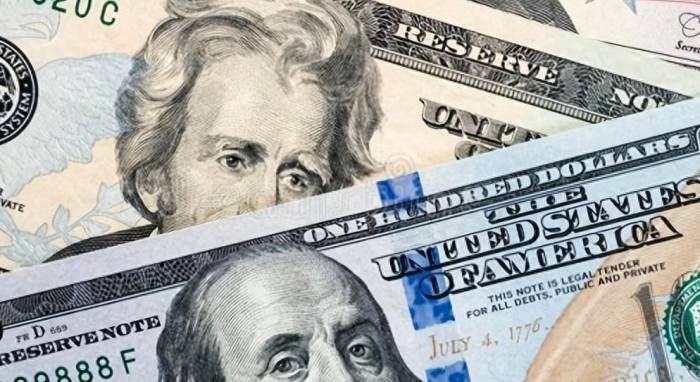
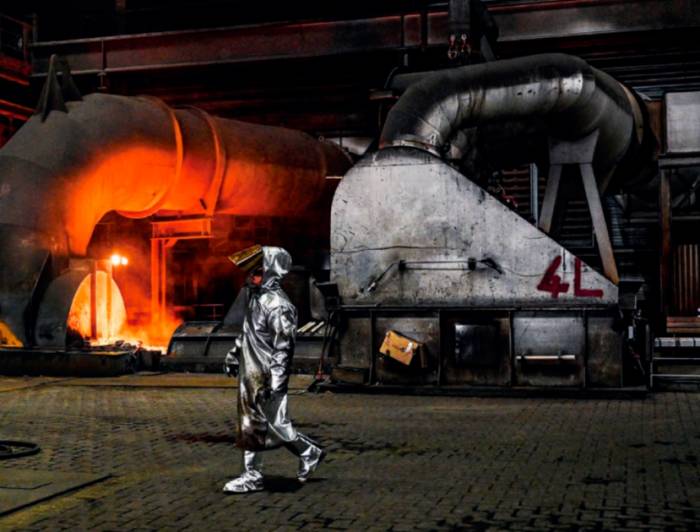
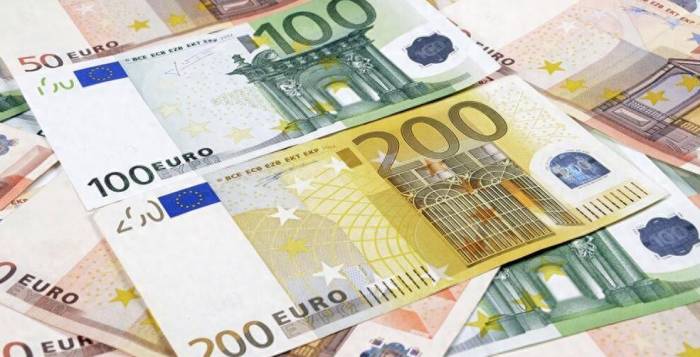

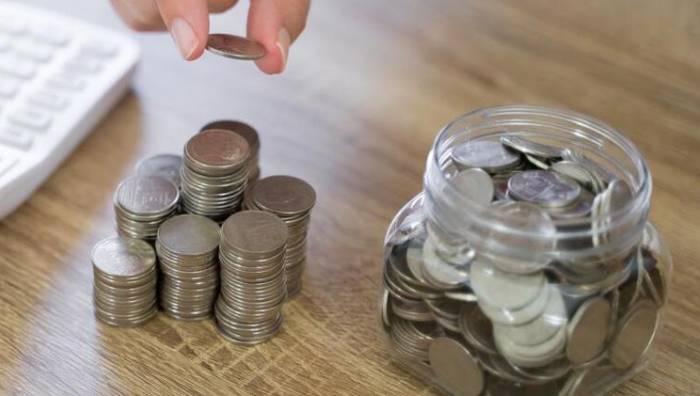

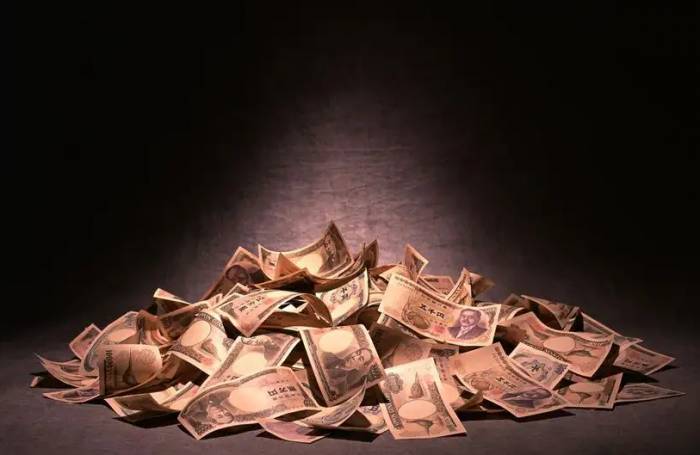

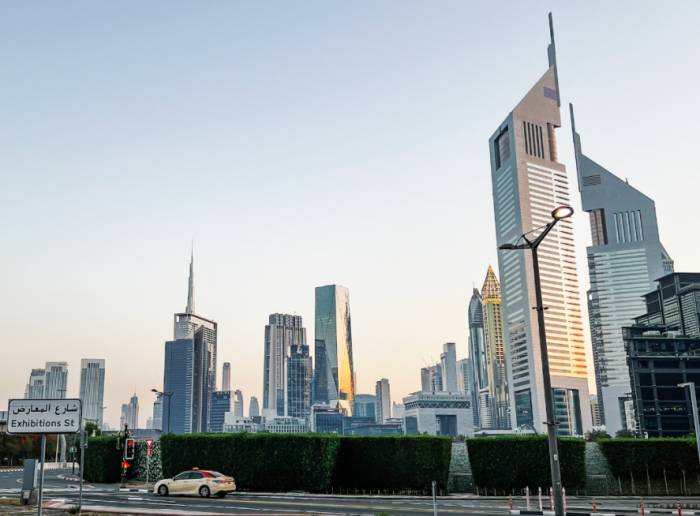

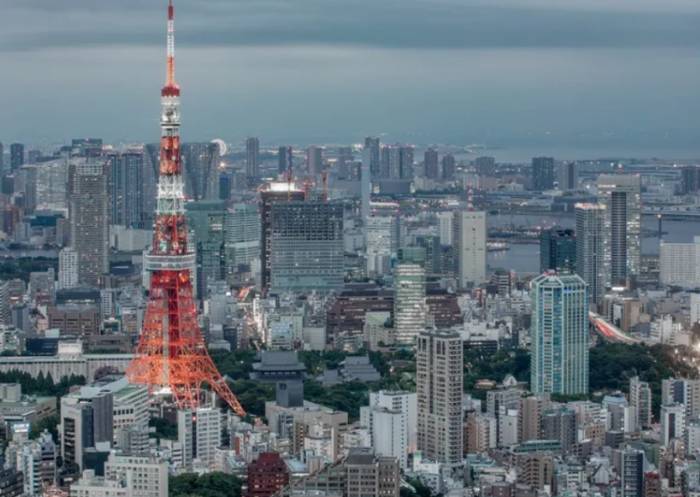
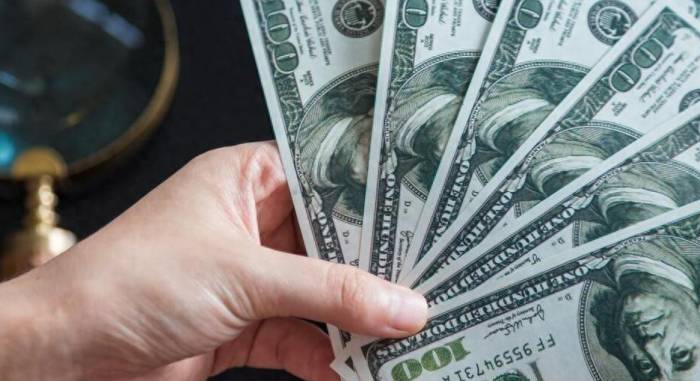


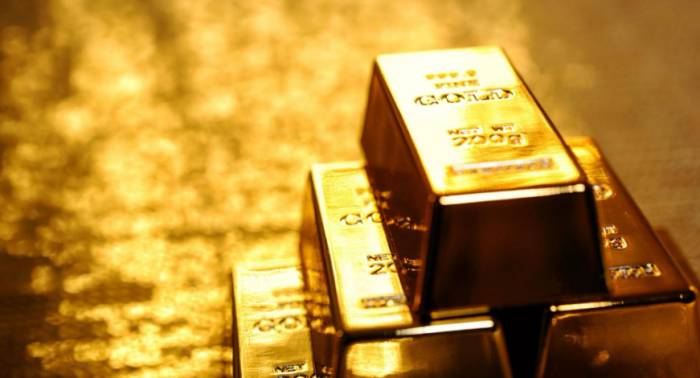
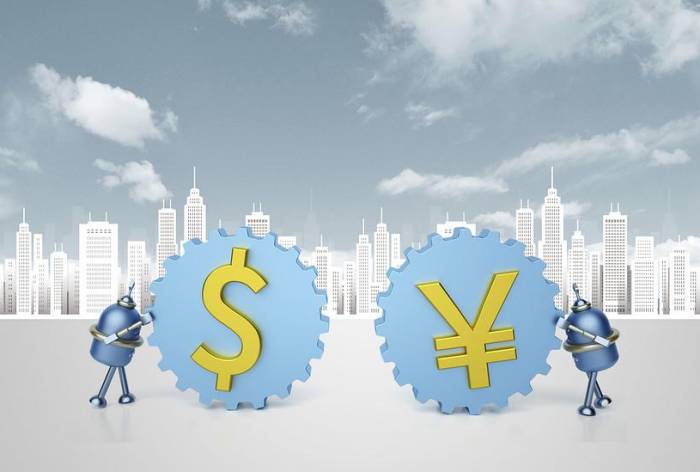

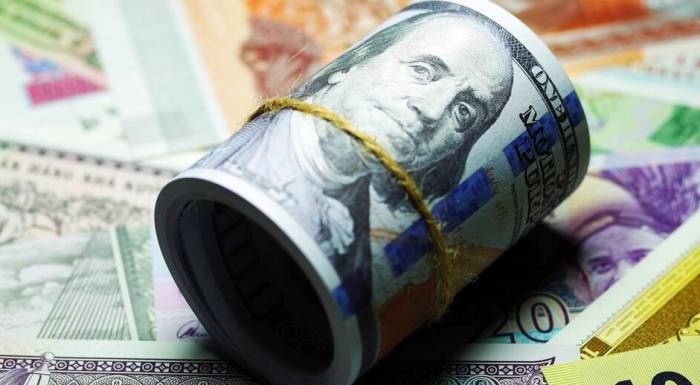




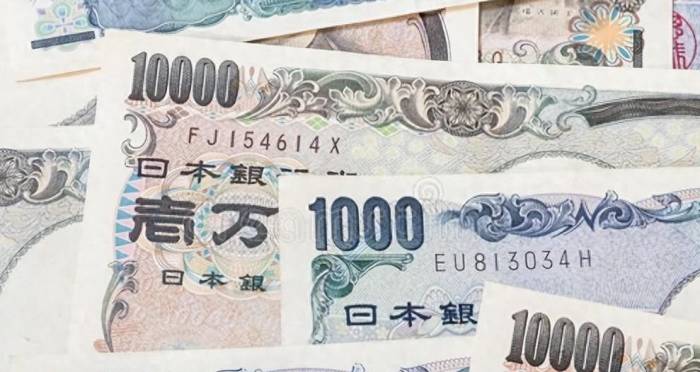
Comments (0)
Leave a Comment